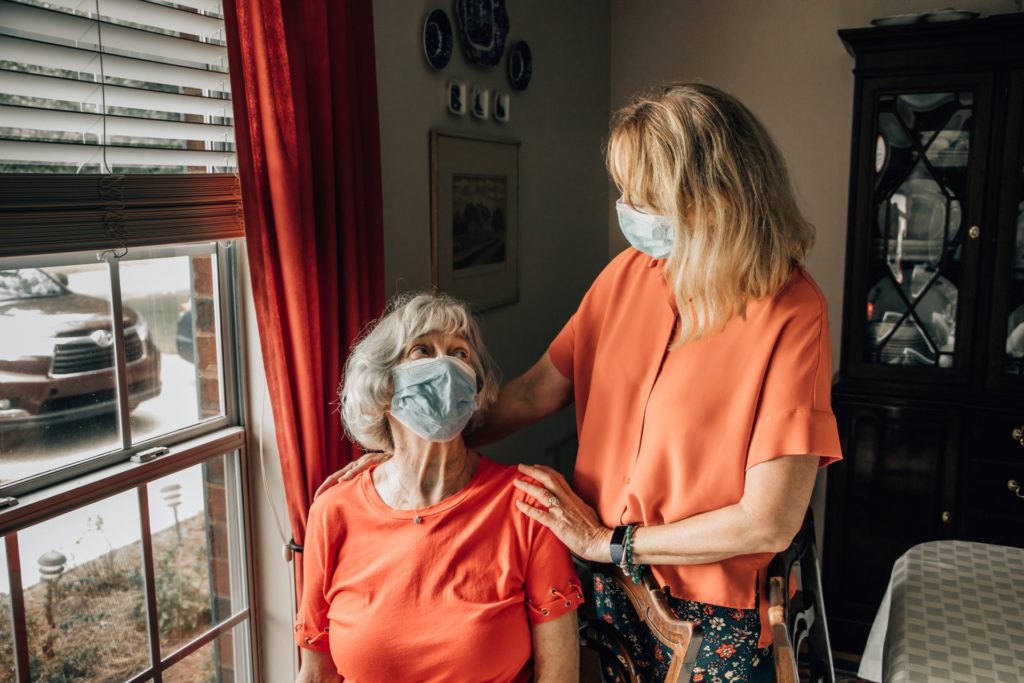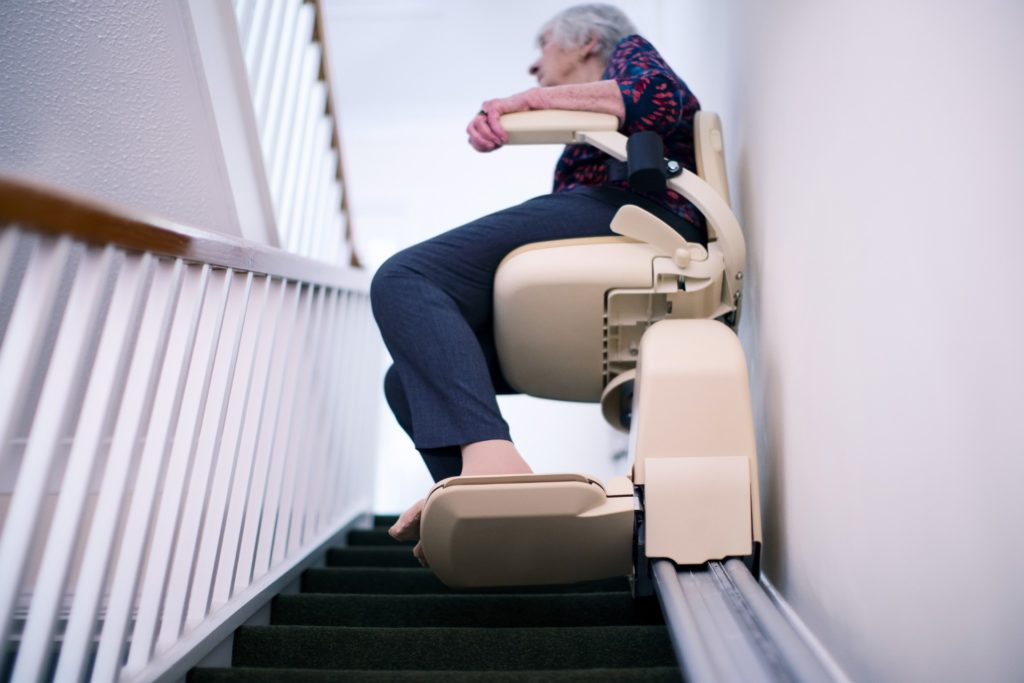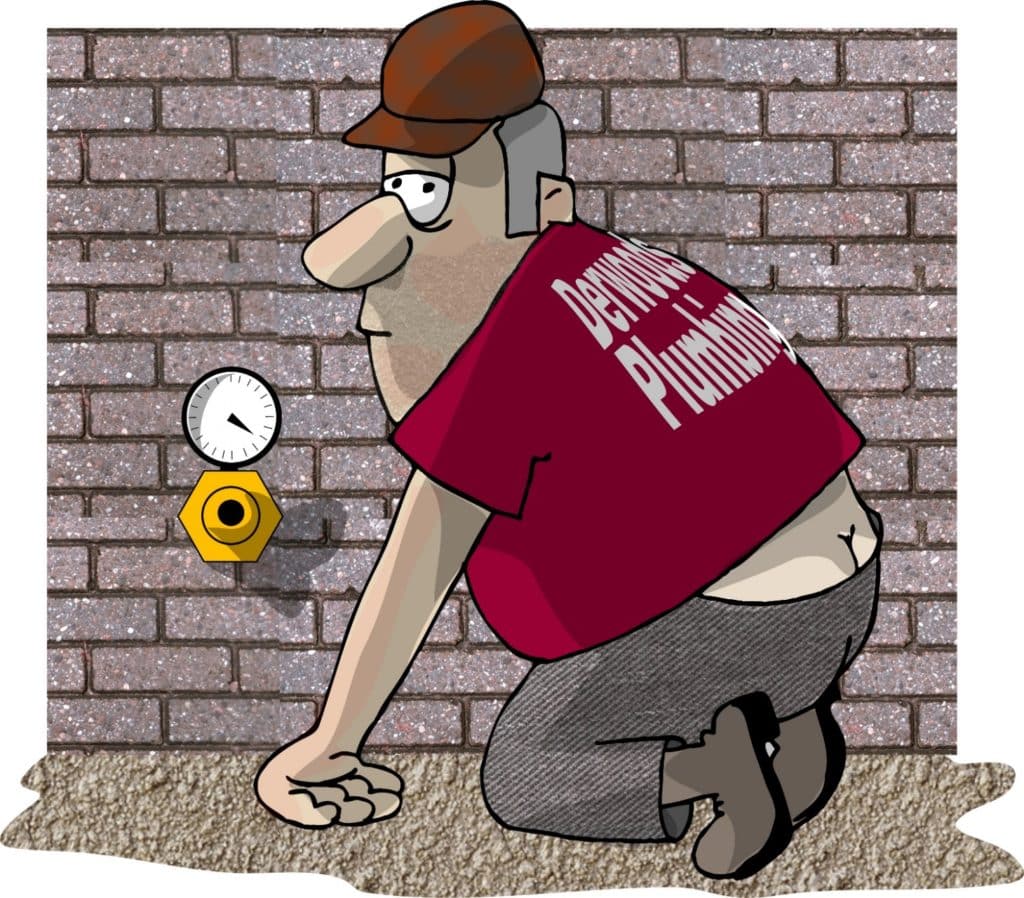
CPR Training Can Be Lifesaving
CPR is a lifesaving technique that one can use if someone is not breathing properly or if their heart has stopped. Our instructor emphasized that during a cardiac arrest, every second counts
Call us Anytime
Laurel, MD 20707
Downs Law Firm, P.C.
Home • Long terrm care planning • Caretaker

CPR is a lifesaving technique that one can use if someone is not breathing properly or if their heart has stopped. Our instructor emphasized that during a cardiac arrest, every second counts

There are times when it makes sense to leave more to one child than another.

A not uncommon estate planning scenario is an elderly parent who lives with an adult child, either at the parent(s)’s home or at the child’s home.

As family caregivers, we play many roles: scheduler, money manager, house cleaner, health aide, nurse, navigator, nurturer and more. Perhaps the most important role, though, is advocate, as we ensure the best life possible for our loved ones when they are vulnerable.

‘Aging in place’ is what most of us want—to stay home in our comfortable environment as we age and receive care in the home when needed rather than moving to a nursing home or assisted living facility.

Hospice care, which strives to relieve the symptoms and suffering caused by a terminal illness, becomes an option when a patient has been given six months or less to live. It means that choosing a hospice provider for yourself or a loved one is often a choice made under duress.

The American Bar Association and the United Association of Plumbers, Plumbers Local #357, have announced a groundbreaking Reciprocity Agreement. Qualified licensed members of either professional group are now eligible for cross-certification to be fully licensed professionals of the other Association, so long as they take a three-week internship program by a properly certified cross instructor from the other discipline. This unprecedented departure from the normal bar examination requirements and journeyman tracks of these professions is being made for a number reasons: First, the impact of the diversified service offerings will enhance the professional lives and capabilities of members of both professions. Second, the convenience to the public at large make this agreement and overwhelmingly popular idea. Third, Lawyers may now be able to bill at rates comparable to plumbers. Fourth, Plumbers attire will likely improve significantly. The Crossover skillsets needed to successfully navigate the two professional worlds are apparent. Both professions deal with the murky, the deadly serious, and matters which are best kept from the public eye. Convenience to the consumer also cannot be overlooked. Imagine being able to work out a prenuptial agreement while your faucet is installed, or having an emergency water leak addressed, and having your home service warranty reviewed to make sure the work is covered. There has been vocal opposition to this proposal from both inside each profession and from third parties. Many plumbers are concerned about the effect this merger could have on their otherwise stellar credibility. Some attorneys are concerned that “Lawyers crack” will soon slip into the vernacular. A representative from the National Bankers Association refused to be identified, but uttered: “Who do they think they are, bankers?” The full details of the arrangement still must be flushed out. For instance, can a Maryland Lawyer become a Delaware Plumber or vica-versa. These issues will be resolved with future water closet discussions. In a game of dominos reminiscent of recent NCAA Collegiate Sports Conference realignments, other professional groups desperately racing to create similar alliances. Discussions are now underway between the American Jockey Federation and the American Medical Association, as well as the American Dental Association and the National Veterinary Association. It seems no one wants to be left without a mutually beneficial partnership. To qualify for participation, an attorney or plumber must register before midnight on Monday, April 1, 2019. See applications to https://www.americanbar.org/ Or the International Brotherhood of Plumbers. For a related article, see How Your Caregiver Can Get Paid and Treated Fairly
The first step in addressing the situation, is knowing the symptoms that can indicate that your aging parent is not eating enough, not eating nutritious food, or not absorbing the nutrients from food.

Siblings of the caregiver sometimes resent the fact that the person providing the care gets paid by the government, even though it is a modest wage.

There is little time when an emergency arises, so perhaps it is best to plan ahead. I tell my new employees that if they just pay attention, they will see the best loves stories in the world walk through our doors. We have many couples who we work with where one spouse has diminishing capacities. The caretaking spouse is often making supreme sacrifices to keep their husband or wife at home. That it true love on display. Nicholas Sparks is a very popular author. He wrote, among other works, “The Notebook”. He is a former estate planning lawyer, and I am sure found the inspiration for that story with the kinds of couples we see on an ongoing basis. Unfortunately, sometimes the care needs are just too much. When a loved one is hospitalized and cannot return home, there is a lot of pressure because decisions have to be made quickly. The key to handling that problem, if it should arise, is to not wait for the emergency but plan ahead for it, according to Next Avenue in “Planning Ahead for Assisted Living.” Many people deal with assisted living this way. Adult children uproot their lives and relocate to be near their aging parents. Spouses feel helpless when their husbands or wives refuse to even consider moving to a facility, yet they are not safe at home. The senior often pushes back against leaving their home, which is understandable. However, when illness or aging takes a toll, it’s just a matter of time before they understand, usually the hard way. One woman was the very model of aging-in-place, until turning 85. Then illnesses and a chronic condition started making it hard for her to move around. When she was taken to the hospital, she had to take a clear look at her situation. It was distressing, but she realized she had to make a change. By 2030, the number of Americans age 65 and older is expected to increase dramatically, and for the first time in our country’s history, the number of older Americans will be higher than the number of children. We may not know what life has in store for us. However, we can plan ahead. Some people start looking at CCRCs–Continuing Care Retirement Communities. These are facilities that include independent living, assisted living and nursing home care, all on the same property. Some have secured memory care for those living with dementia. Research the costs, policies, and programs of the long-term facilities you may be considering. There are different services offered. Assisted living facilities are state-licensed housing communities that offer residents a range of services. They usually do not offer medical care. A skilled nursing facility/nursing home will have medical services. Services in assisted living communities vary. Some offer meals and help with bathing, dressing and mobility, medication management, education and social activities. They may be large or small, with residential homes, where three or four residents live with a paid caregiver. Those are known as “adult